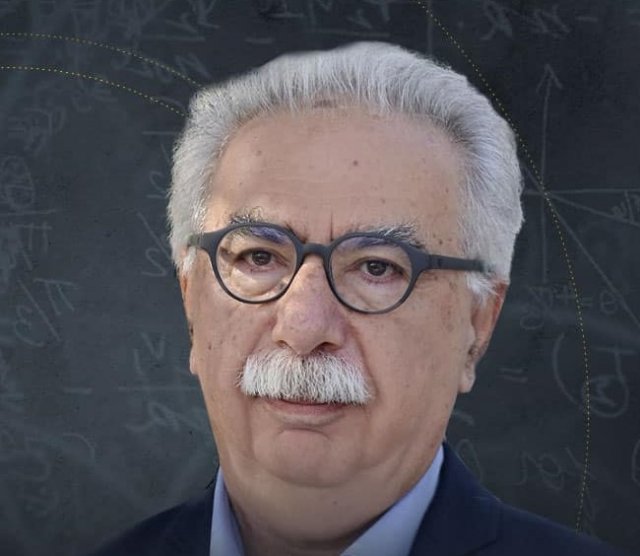
It is with great pleasure to announce that the historian Kostas Gavroglu has been awarded the 2020 Gustav Neuenschwander Prize. In awarding the prize, the ESHS Scientific Council considered Gavroglu’s outstanding personal and scientific trajectory and especially his committment to the discipline as community builder. In particular, the Council acknowledged:
- His contribution to the history of science encompassing the study of science in the Greek-speaking world during the Enlightenment, the study of science in the European Periphery, the history of universities, and the investigation of key transition in physical sciences, including the foundations of quantum chemistry and low temperature physics;
- His role in building a community of historians of science in Greece and in fostering the teaching of history of science at various educational levels;
- His active involvement in fostering international collaborations among historians of science in several countries, especially across Europe (and its peripheries);
- His extensive networking activities in other parts of the world uniting various communities of historians, central and peripheral, consolidated and emerging, young and senior.
Kostas Gavroglu was born in Istanbul in 1947. He received his bachelor degree in theoretical physics from Lancaster University and completed the Part III of the Mathematical Tripos in Cambridge University at the Department of Applied Mathematics and Theoretical Physics. He received his doctorate from the Department of Physics, at Imperial College, University of London, with a thesis on theoretical aspects of elementary particle physics (Non-leptonic decays of hyperons). He held a post-doctoral appointment at the State University of New York in Long Island.
Gavroglu was appointed a Privat dozent in the Departments of Physics, first at the University of Patras and, then, at the National Technical University of Athens. In 1994, he became professor of history of science in the Department of History and Philosophy of Science at the University of Athens. He retired in 2014 and is presently Emeritus Professor.
Abroad, he was a visiting professor at Imperial College, Harvard University, Boston University, Cambridge University, and Istanbul Technical University. He was research fellow at the Chemical Heritage Foundation, Pennsylvania and the Dibner Institute for the History of Science and Technology at MIT.
Concerning his research career, Kostas Gavroglu was scientific coordinator in many research projects funded by the European Union, the European Science Foundation, the Greek State and private foundations. He was a founding member of the international network Science and Technology in the European Periphery (STEP), created in 1999. He served as Director of the Laboratory of the Electronic Processing of Historical Archives (www.phs.uoa.gr/dlab ) and was President of the Executive Board of the Historical Archive of the University of Athens (www.archive.uoa.gr).
He was a member of the Executive Board of the John S. Latsis Public Benefit Foundation (www.latsis-foundation.org) and a founding member and member of the Governing board of the Research Center for the Humanities (www.rchumanities.gr), based in Athens, Greece.
Gavroglu’s research fields are the history of physical chemistry, the history of quantum chemistry, the history of artificial cold as well as issues related with the appropriation of the scientific ideas and practices by the European periphery since the 18th century. He has been a co-editor of series in history and philosophy science by Springer Publishers, by Brill Publishers and editor of the series in history of science by Crete University Publishers and member of the editorial boards of a number of scientific journals in the history of science.
In September 2015, Kostas Gavroglu was elected MP with SYRIZA. He was simultaneously president of the Standing Committee on Education of the Greek Parliament until November 2016, when he became Minister of Science, Education and Religious Affairs. He stepped down as a minister in July 2019 and has resumed his involvement with history of science, and more generally, with higher education.